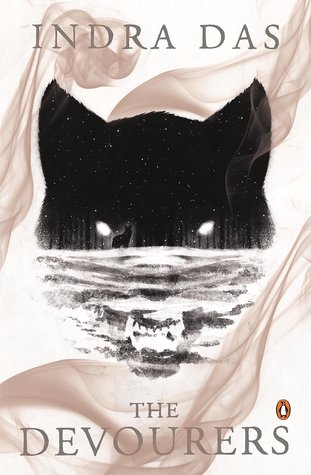 Goat Days
Goat DaysBenyamin
Translated by Joseph Koyippally
First published 2008, I read 2012 translation
255 pages, fictional memoir
Thank you to Penguin India for providing a review copy of this book.
When I first moved to Kerala last year, I wrote to my contact at Penguin India asking for review copies of novels written by Malayali authors, especially ones that were translated from Malayalam. I expected that reading these novels would help me to understand the culture that I was now immersed in.
In fact, the opposite happened: my experience of living in Kerala, and especially my husband’s experiences of working closely with Keralites, has made me intimately familiar with Malayali attitudes and society, even without knowing the language at all. So instead of this novel helping to understand the society, my knowledge of the society will help me to discuss the deeper social implications of this novel.
In this novel, a poor Malayali man named Najeeb gets the opportunity to go to one of the countries in the Persian Gulf – probably Saudi Arabia – to take up a relatively lucrative job. However, when he arrives he discovers that his dreams have led him to the exact opposite of what he expected: instead of a comfortable, air-conditioned flat and a job in construction, he finds himself working as a slave in the middle of the desert, herding goats, sheep, and camels, and living without even a shelter to protect him from the sun’s heat. Set in 1991, this shows the flip side of Malayali migration to the better-paying jobs on the Arabian peninsula.
Opportunities Abroad
Going to another country to make money seems like it would be a big decision that would require planning. However, Najeeb displays an astonishing lack of forethought regarding this move. In his own words,
How long have I been here, diving for a living? How about going abroad for once? Not for long. I am not greedy. Only long enough to settle a few debts. Add a room to the house. Just the usual cravings of most Malayalis…. Can one go hungry? I have, in the past. But things are different now. Now, at [my Mom]’s insistence, I am married. My wife is four months pregnant. Expenditure will now mount up like sand.
